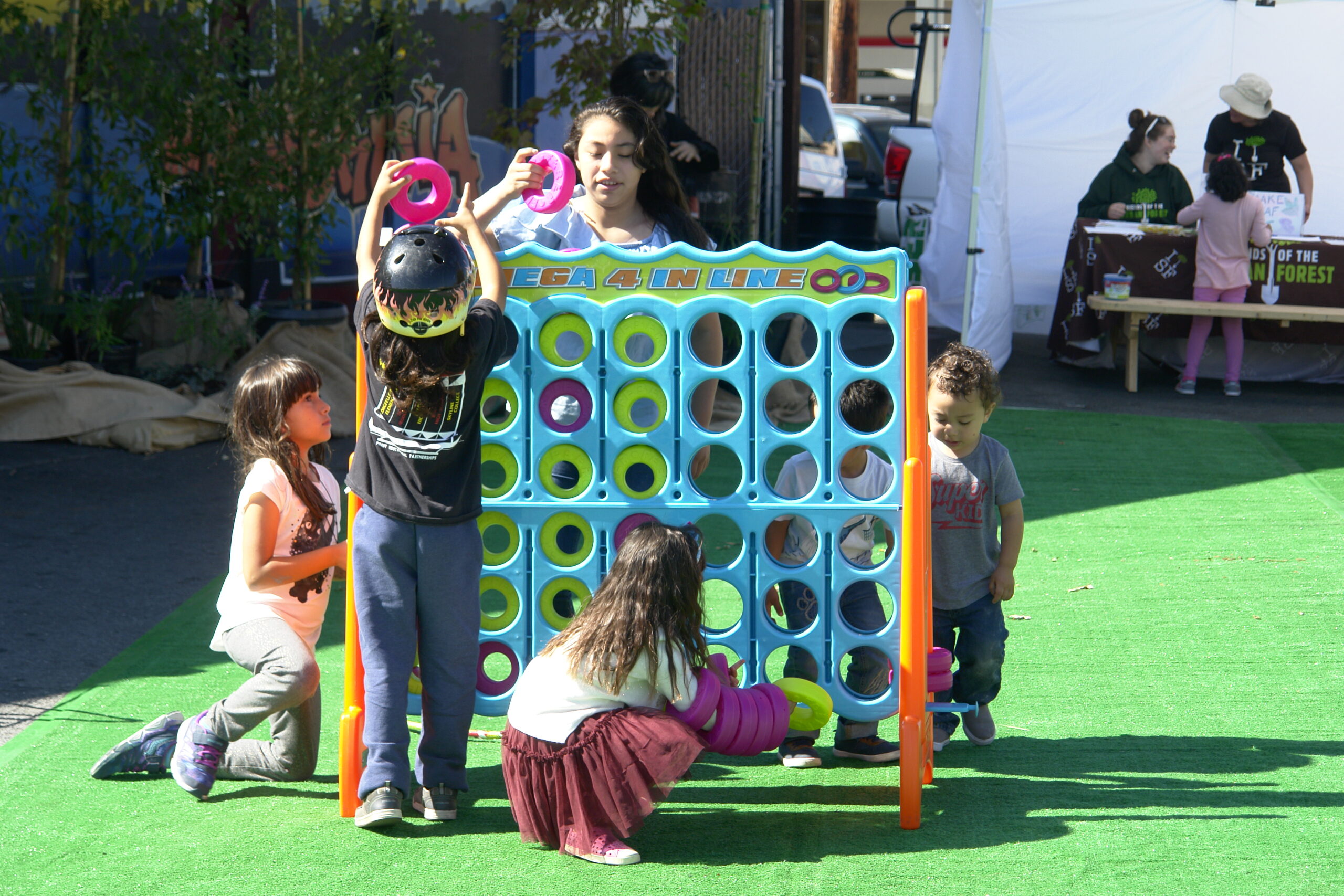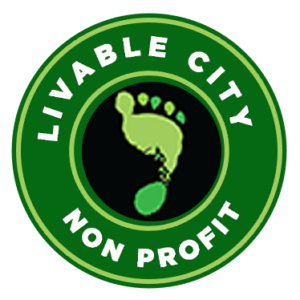
By Marynoel Strope
With heat waves threatening seniors in their homes, air quality crises grinding our city to a halt during last November’s fires, to the impending “big one,” San Franciscans are urgently asking, “How do we prepare for the next disaster?”
A growing body of research suggests that blowing bubbles and having a potluck with your neighbors might be the most effective way to survive. (source / source )
The City’s current disaster preparedness recommendation is to be able to shelter in place with enough food, water and medicine for three or more days and serve as the primary lifeline to the most vulnerable on your block. It means knowing your neighbors, their needs, and what they can bring to the table when outside aid is unavailable. And it will be one of the most important factors in whether you and your community survive the next disaster.
A 1995 Chicago heat wave killed 739 people, many of them elderly, low-income and African-American. But one Chicago neighborhood, despite sharing the same racial and income demographics, fared better than even affluent areas.
“It turns out that residents of Auburn Gresham participated in block clubs and church groups, in addition to socializing at grocery stores and diners, which many other neighborhoods lacked.
During the heatwave, the block clubs checked in on elderly and sick neighbors to ensure their safety—the neighborhood banded together.”
In response, San Francisco has invested not only in training residents and workers to be Neighborhood Emergency Response Teams (NERT), but also spearheaded an innovative block party program where neighbors can come together, map local resources and get trained on the basics of disaster resiliency called Neighborfest offered through the Neighborhood Empowerment Network (NEN).
Planning events like block parties creates capacity, because teams of volunteers must work together to design and implement the event. It creates social connection, both through the outreach needed to invite neighbors to the event, as well as providing the car-free space for people to meet on their own blocks. Knowing your neighbors means identifying where the most vulnerable live in your community – the elderly, those with mobility issues, the monolingual and undocumented who may be less likely to reach out to police or government.
That’s why things that may appear frivolous – bubbles, hopscotch, hula hoops and potlucks – create the tools that bring people together and create the connection needed to respond to disaster.
As San Francisco becomes more expensive, longtime residents and families are driven out, and the social connections generations of people create often move out with them. Many people don’t know their neighbors, or aren’t able to remain in their homes long enough to get to know who lives nearby.
Sunday Streets and Play Streets, Livable City’s biggest programs, provide public health benefits through open space and free recreation. But they also create resiliency the same way the Neighborfest program does – through connecting residents, small businesses and other stakeholders to organize for and plan the event, as well as creating the space for people to come together and meet.
While Sunday Streets started out as a program focused on recreation, it has expanded to host cultural celebrations – like this year’s Thai New Year in Little Saigon – and provide common space and Play Streets Pop-Ups for kids. This programming encourages attendees to stick around, meet their neighbors and explore the resources in (and get more familiar with) their neighborhoods.
Play Streets (Sunday Streets’ “little sibling”) operates much like Neighborfest, creating capacity through organizing teams who invite residents on their blocks and work together to plan for the events. Outreach like door-knocking (however intimidating it may feel at first) creates connection where they may have been none before, and even if neighbors don’t attend, they still get a chance to meet others who live nearby. Lastly, simply providing games and activities for children and seating for adults draws people from their homes and out into the streets with the surrounding community.
Livable City is thrilled about the response to the Play Streets program as well as its emerging partnership with the NEN to expand the Neighborfest Program.
As Play Streets grows (and partners with Neighborfest to provide important training tools like resource mapping and resiliency workshops), the recurring events provide a reliable space a neighborhood can anticipate and plan for. These community-driven activities provide a reliable space for neighbors to come together, exercise, have fun, build stronger connections and celebrate their community. In other words – build a healthier, safer and more resilient San Francisco.



